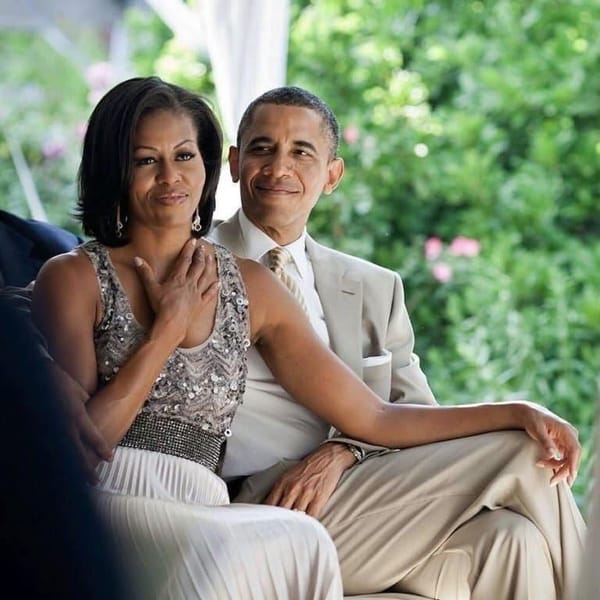Why We Must Not Be Silenced

A friend of mine recently wrote a post that struck a nerve. She argued that sharing politically charged sound bites, shorts, and reels only creates division, misunderstanding, and hatred. In her view, people who post political opinions on social media are not changing anyone’s mind; they’re just making “noise.” She suggested that instead of posting, people should meet quietly over coffee, write letters to government leaders, pray, or simply spend more time looking into the eyes of their neighbors and listening.
It was a heartfelt plea, and I understand where it comes from. We are all exhausted by the shouting match that sometimes takes over our feeds. We all crave peace and civility. But here’s where I have to push back: to dismiss political expression on social media as “noise” is to miss the point entirely.
My response:
“I hear what you’re saying, but I think dismissing political posts as “noise” actually misses the point of why people share them in the first place. Social media is the new public square. For centuries, people gathered in town halls, churches, and marketplaces to debate ideas and raise their voices. Today, those spaces have shifted online. To suggest that we should all be quiet until we can have a coffee with every single person who disagrees with us is simply unrealistic—and honestly, it privileges silence over activism. Silence never created change. Noise did.
You say these posts rarely change minds. Maybe not instantly, but history shows that repetition and visibility do shift culture. Civil rights, women’s suffrage, marriage equality—all moved forward because enough people kept making “noise” until it became impossible to ignore. Activists didn’t politely whisper their grievances to power. They marched. They sang. They shouted. They filled the streets. And in our era, those streets include Facebook, Instagram, TikTok, and X.
Even if posts only reach those who already agree, that’s not wasted energy. That’s solidarity. That’s courage reinforced. That’s community built. When someone posts about injustice, it reminds others they’re not alone in their outrage, not isolated in their grief, not powerless in their resistance. Social movements thrive not because one post flips an opponent into a believer, but because millions of voices refusing to shut up create momentum that no government, corporation, or entrenched power can fully suppress.
Letters to government leaders? Great. Prayers? Fine. Conversations over coffee? Of course, if they can be had in good faith. But those things don’t trend, amplify, or put pressure on power structures the way mass visibility does. Social media isn’t the only tool for change, but it’s one of the most powerful. That’s exactly why authoritarian leaders around the world work so hard to control or censor it. They know that voices online can gather and galvanize at a scale no single coffee shop conversation ever could.
I also want to address the accusation of “simple mindedness.” That one stings, not just for me but for everyone who has ever risked speaking out. There’s nothing simple minded about taking a public stand on issues that matter—whether that’s racial justice, reproductive rights, climate change, or democracy itself. What looks like a loud rant to you might be, for someone else, the only way they can protest, the only way they can be heard, the only way they can demand dignity.
You say you are shocked and saddened by what friends are posting. But consider this: maybe they are shocked and saddened too—by injustice, cruelty, and corruption—and their posts are how they cope, how they resist, how they push back. Their volume is not ignorance. It’s grief turned into action. It’s the modern version of standing in the street with a sign that says, “This is not okay.”
We don’t get to unity by lowering our voices to a polite whisper. Unity comes from wrestling with hard truths, even when it’s messy, even when it’s uncomfortable, even when it’s noisy. Social media may not always be elegant, but it democratizes expression. It gives a microphone to the teacher, the nurse, the student, the retiree—voices that might never get a column in a newspaper or a podium on a stage.
So no, I will not be silenced. I will keep speaking out online, not because I think every post will magically convert someone who disagrees, but because silence has never been an option for those who want justice. Silence keeps the comfortable comfortable and the oppressed invisible. Noise, for all its imperfections, rattles the walls.
And if the walls need rattling, then let them rattle.
Julie Bolejack, MBA



